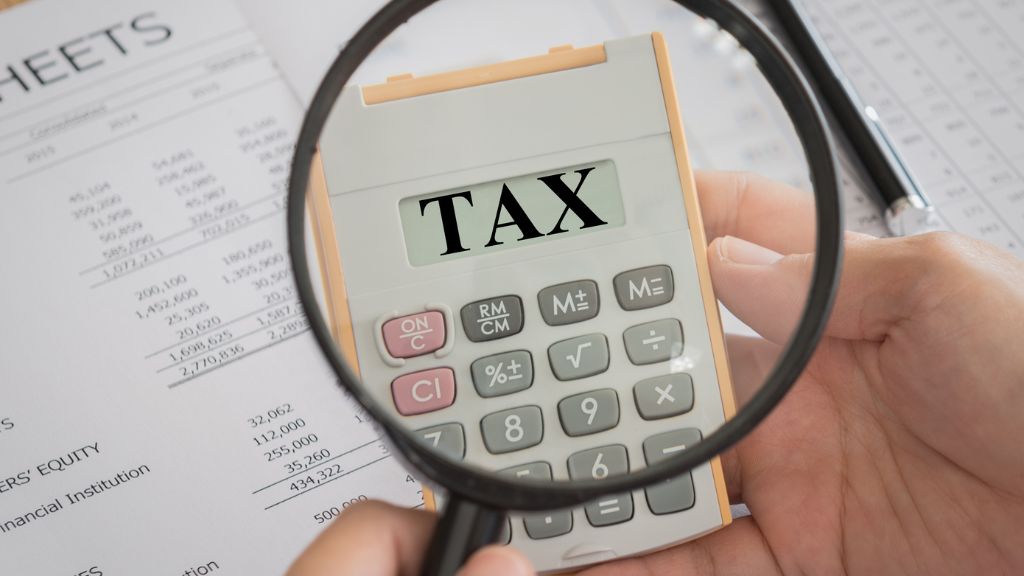Navigating Expat Tax Returns: A Comprehensive Guide to UK Taxation
Filling in a self-assessment return can be daunting, especially for overseas residents navigating the complexities of UK taxation. As we approach the festive season, we must shift our focus from merriment to the annual obligation of completing tax returns for HM Revenue & Customs. Ensuring accuracy in detail and paying the correct amount of tax is paramount to avoiding a volley of expensive fines and penalties from HMRC.
At Hoxton, we are committed to providing insightful tips to our international clients, helping them steer clear of the top five pitfalls associated with self-assessment returns.

Clarifying Your Tax Status
One of the primary challenges for expats is understanding their residence status. Merely living overseas does not grant expat status, and assuming non-residence based on time spent away from the UK may lead to complications with HMRC. The Statutory Residence Test, a set of rules, determines an individual’s tax residence status. It considers factors such as the number of days spent in the UK, connections with the country, and other relevant criteria.
Expats need to recognise that filing late returns can result in penalties, even if no tax is owed. Establishing clear residency status is crucial, as it determines tax obligations and the necessity of filing a UK self-assessment return.
Overcoming Online Software Limitations
Expats often face challenges when filing self-assessment returns online due to glitches in HMRC’s software. Specifically, there are no SA109 supplementary pages for expats, necessitating the printing and filing of hard copies to confirm non-residence status. Failure to file these pages separately may lead to HMRC taxing expats on their worldwide income and gains, assuming non-residency is not declared.
We recommend expats take extra care to ensure the accurate declaration of non-residence status, utilising hard copies when necessary to avoid potential tax discrepancies.
Understanding Capital Gains Tax Implications
A common pitfall for expats is the misconception that leaving the UK temporarily can exempt them from capital gains tax (CGT). However, tax laws stipulate that expats must stay away for at least five complete tax years before qualifying for this exemption. Recent rules, dating back to 2015, further complicate matters for temporary non-residents selling homes.
HMRC considers someone temporarily non-resident only if specific criteria are met, including residing in the UK for four out of the seven tax years before departure, having a permanent home overseas, and returning to the UK less than five years after the official date of departure. Understanding these rules is crucial to avoid unexpected CGT liabilities upon return.
Navigating International Tax Treaties
Many expats assume they need only declare their UK pension in their country of residence. However, tax treaties between the UK and the expat’s host country take precedence. It is essential to investigate non-residence and pension tax rules before relocating, as some countries may not recognise the tax-free status of UK pension savings.
Countries like the USA, France, and Spain impose specific rules on pension income, and withdrawing cash from a QROPS offshore pension can further complicate matters. To avoid tax-related complications, seeking professional advice and understanding the intricacies of international tax treaties is paramount.
Demystifying Inheritance Tax for Expats
Contrary to popular belief, the Inheritance Tax (IHT) applies to expats unless they have severed all ties with the UK and chosen a domicile elsewhere. Domicile is a complex tax feature based on birthplace and parental origins. Expats must be aware that their domicile may still be considered in the UK, subjecting their estate to British IHT rules.
Here, it is important to stress the need to seek professional tax advice to navigate the complexities of expat tax laws, ensuring a comprehensive understanding of IHT implications and the steps required to mitigate potential liabilities.
Seeking Professional Guidance for a Seamless Expat Self-Assessment
The realm of expat tax is a potential minefield, and inadvertent mistakes in completing self-assessment returns can lead to substantial fines and penalties. As the deadline for self-assessment returns covering the 2022-23 tax year approaches (midnight on January 31, 2024), expats must prioritise seeking professional tax advice in their country of residence.
Consulting with tax experts ensures that expats make informed decisions regarding non-residence issues, manage pension funds in compliance with international tax treaties, and navigate the intricate landscape of expat taxation.
Addressing Common Concerns with Expat Self-Assessment
Let’s address some frequently asked questions to provide clarity on self-assessment, deadlines, residence status, and more:
A self-assessment tax return is the primary form for individuals to report worldwide income, tax reliefs, and allowances.
While not all expats are required to file a return, those earning income from the UK, such as rental income, pensions, or investments, should consider filing with both HMRC and the tax authority in their country of residence.
The SA109 is a supplementary form filed with the self-assessment tax return, providing information crucial for determining an expat’s non-residence status.
The self-assessment return for the previous tax year must be filed by midnight on January 31, with any tax due paid in full. Filing late, even by a minute, triggers a £100 penalty, irrespective of the tax liability.
Our partners at Hoxton Tax offer a full service for completing and submitting tax returns for overseas residents. So, if this is a requirement that you have in the near future, we encourage you to reach out and request a no-commitment discovery call with the SA team there and understand how they may be able to help you with your own reporting obligations.
Expat self-assessment requires meticulous attention to detail and a comprehensive understanding of tax laws. As expats take on this task, professional guidance becomes indispensable to navigate potential pitfalls and ensure a seamless and compliant transition into the complexities of the UK tax system.
About Author
How can we help you?
If you would like to speak to one of our advisers, please get in touch today.



